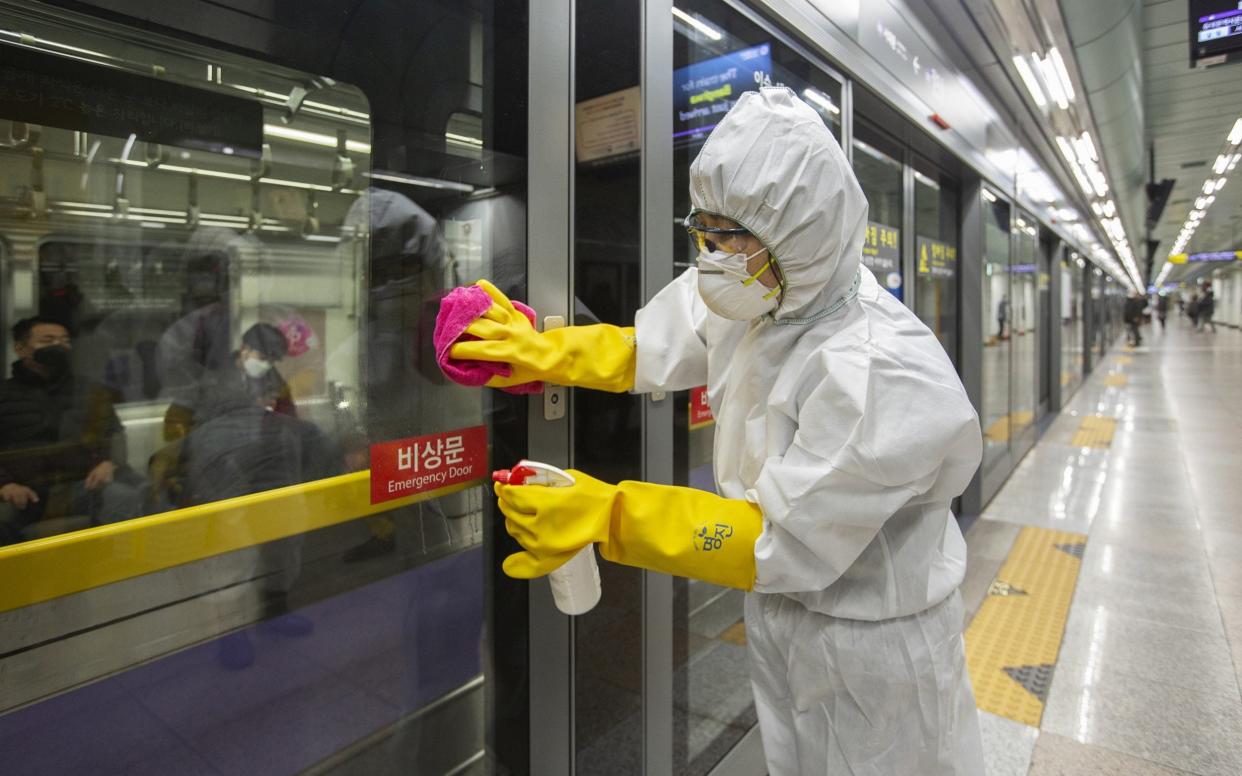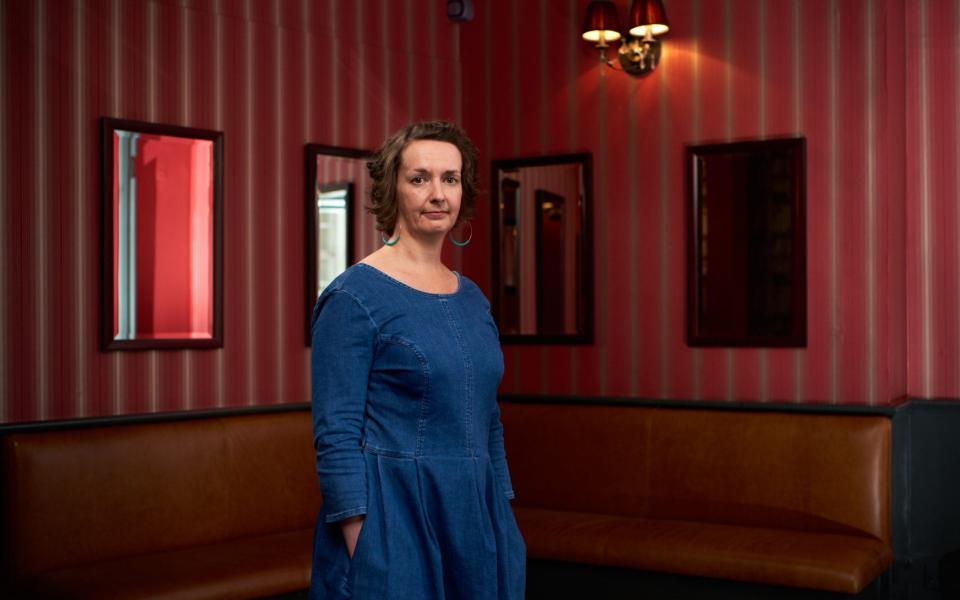How long will we have to wait for a coronavirus vaccine?

One of the first questions asked when an infectious disease pandemic is looming is: “Is there a vaccine for this?” The short answer is “no”. But the longer answer is that the world has never been more geared up to develop vaccines against emerging infectious diseases than it is today.
The rapid genetic sequencing and open publication of the virus by Chinese researchers has been a boon for researchers who can study it and start the important work on vaccines, treatments and diagnostics.
Another crucial advance is the development of an organisation called Cepi, set up in response to the lack of scientific progress when Ebola ripped through West Africa in 2014 to 2016.
Cepi’s mission is to rapidly respond to epidemics by providing the money to researchers to develop vaccines.
It harnesses the power of so-called “rapid response platforms” which use what its chief executive, Dr Richard Hatchett, describes as a “common backbone” that can be adapted quickly for different pathogens by inserting new genetic or protein sequences.

It is already working on the development of a vaccine against another coronavirus - Middle East respiratory syndrome (Mers) - and in January, Cepi announced that a vaccine for Covid-19 would be ready for testing within 16 weeks - by the end of May.
Teams of scientists in Israel, the United States and China have also announced that they are close to developing a vaccine.
Such rapid progress is a remarkable turnaround. But having a vaccine ready for testing is only the beginning of the journey.
The vaccine will have to be trialled in animals first, and then humans. After that it will have to go through regulatory approval, which is a long process but can be sped up, as was done for the Ebola vaccine first used in the Democratic Republic of Congo two years ago.
The biggest hurdle is manufacturing the vaccine at scale and then distributing it. Even the most optimistic pharmaceutical salesman would admit that it would only be ready by the end of this year - by which time this outbreak may well have run its course.
And if it were ready before the end of the outbreak it would probably be given to what public health experts call “key populations” first - health workers and the contacts of affected patients - before any nationwide mass vaccination programme took place. But what doctors are pinning their hopes on - more than vaccines - are drugs for diseases, such as HIV and malaria, that they are repurposing for the coronavirus.
The most promising of these is a drug called remdesivir, a broad-spectrum antiviral treatment developed by drug firm Gilead that began testing earlier this week.
The drug was developed for Ebola and was used to treat the Scottish nurse Pauline Cafferkey when she suffered a relapse 18 months after being cleared of the disease which she contracted while volunteering in Sierra Leone.

Doctors in the United States first used the drug on a patient who did not respond to treatment in January - within 24 hours of taking the drug he showed improvements, eventually making a full recovery.
HIV antiviral drugs have also been flagged as potential options and there are at least two studies ongoing in China looking at a combination of lopinavir and ritonavir.
Earlier this month doctors in Thailand claimed that, 48 hours after taking a cocktail of these HIV drugs alongside a flu treatment, a patient tested negative for the coronavirus.
Sir Jeremy Farrar, director of the UK biomedical research charity Wellcome, says using existing drugs makes enormous sense as all the safety and efficacy testing has already been carried out.
But before we can start hailing any miracle cures, proper clinical trials must be conducted.
“Do the drugs work?" Sir Jeremy asks.
"We just don't know, but we won't know unless we look."


